When your doctor prescribes a brand-name medication, but your insurance forces you to try a cheaper generic first - and then denies coverage even after you’ve tried it - you’re not alone. Thousands of people face this every month. The good news? Most of these denials can be overturned. You just need to know the right steps.
Understand Why Your Insurance Denied the Medication
Your insurance company didn’t deny your prescription out of spite. They follow a set of rules called a formulary, which lists the drugs they cover and under what conditions. If your doctor prescribed a brand-name drug, but your plan has a cheaper generic version on file, they’ll often require you to try the generic first. This is called step therapy. Sometimes, the denial comes because your insurer says the brand-name drug isn’t "medically necessary." But if you’ve tried the generic and it caused side effects, didn’t work, or you have a condition that makes it unsafe - that’s not just a preference. That’s a medical need. Look at your Explanation of Benefits (EOB). It should say exactly why your claim was denied. Common reasons include:- "Generic substitution required"
- "Step therapy not completed"
- "Prior authorization not obtained"
- "Not on formulary"
Gather Your Medical Evidence
Insurance companies don’t make decisions based on what you feel. They base them on paperwork. And the most powerful paper you can submit is a letter of medical necessity from your doctor. This isn’t a quick note. It needs to include:- Why the generic drug won’t work for you - for example, "Patient experienced severe nausea and dizziness with levothyroxine, preventing adherence. Brand-name Synthroid has been stable for 5 years."
- Proof you’ve already tried alternatives - "Patient tried two generic versions of metformin over 6 months with no improvement in HbA1c levels."
- References to clinical guidelines - "Per American Diabetes Association 2023 Standards of Care, individualized therapy is recommended when generic alternatives fail."
- Any documented adverse reactions - "Patient developed Stevens-Johnson syndrome after exposure to generic lamotrigine in 2022. Rechallenge contraindicated."
File Your Internal Appeal
Every insurance plan has an internal appeal process. This is your first official shot at reversing the denial. You have 180 days from the denial date to file it for commercial insurance. Medicare gives you only 120 days. Here’s how to do it:- Find the appeal form on your insurer’s website. Search for "prior authorization appeal," "step therapy exception," or "drug coverage appeal."
- Fill out the patient information: name, ID number, date of birth, policy number.
- Include the exact drug name, dosage, and reason for denial from your EOB.
- Attach your doctor’s letter and any lab results, pharmacy records, or past prescription history that supports your case.
- Mark the box for "expedited review" if you’re running out of medication or your condition is worsening. Urgent cases must be decided in 4 business days.
Request a Peer-to-Peer Review
This is the single most effective move you can make. When your appeal is received, the insurance company’s medical reviewer - often a doctor who doesn’t know you - will evaluate your case. But here’s the key: if your doctor asks for a peer-to-peer review, the insurer must connect them directly with one of their own medical directors. That means your doctor talks to another doctor - face-to-face, over the phone, or via video. No forms. No bots. Just two professionals discussing your medical needs. Studies show this step alone increases approval rates to over 75%. The insurer’s doctor can’t ignore a direct clinical argument from your provider. If your doctor says, "This patient has had three failed attempts with generics and is at risk of hospitalization," that carries weight. Don’t wait for them to offer it. Ask your doctor to request it explicitly when they submit the appeal letter.
Know Your Next Steps If the Appeal Is Denied
If your internal appeal gets denied, you don’t give up. You move to the next level. For commercial insurance, you can request an external review by an independent third party. This is legally binding. The insurer must follow the decision. For Medicare Part D, you have five levels of appeal. The second level - reviewed by an Independent Review Entity - overturns denials 63% of the time, according to CMS data. In both cases, you’ll need to re-submit your documents and add a short statement: "I am requesting an external review under [state law or federal regulation]." You can get help from:- Your state’s insurance commissioner’s office - they offer free counseling and can intervene on your behalf.
- Patient advocacy groups like the Crohn’s & Colitis Foundation or T1D Exchange - they’ve helped thousands with template letters and direct support.
- Nonprofits like the Patient Advocate Foundation - they’ll review your documents for free and help you file.
Track Everything and Set Reminders
The average appeal takes 52 days from denial to approval, according to patient forums. But many fail because people miss deadlines. Create a simple tracker:- Date of denial
- Date appeal filed
- Method of submission (mail/email/portal)
- Reference number
- Expected response date
- Follow-up date (if no reply in 10 days)
What If You Still Get Denied?
If every level fails, you still have options:- Ask your doctor about patient assistance programs. Many drugmakers offer free or discounted brand-name drugs to those who qualify.
- Use GoodRx or SingleCare coupons - sometimes the cash price is lower than your copay after a denial.
- Appeal to your employer’s HR department if you have group insurance. Sometimes they can negotiate with the plan.
- File a complaint with the Centers for Medicare & Medicaid Services (for Medicare) or your state’s insurance department.
Common Mistakes That Kill Your Appeal
Most appeals fail because of simple errors:- Waiting too long to file - miss the 180-day window and you lose your right.
- Not including clinical guidelines - insurers need to see this isn’t just a preference.
- Using vague language - "It didn’t work" isn’t enough. Say "It caused severe diarrhea and weight loss, leading to dehydration and ER visits."
- Not requesting a peer-to-peer review - this is your secret weapon.
- Assuming the pharmacy will handle it - they can’t. Only your doctor and you can appeal.
Success Stories and Real Data
A 2023 GoodRx analysis of 15,000 appeals found:- 78% of approved appeals included a doctor’s letter citing clinical guidelines.
- Only 29% of denied appeals had any reference to official medical standards.
- Patients who used templates from advocacy groups had a 65% success rate - nearly double those who wrote their own.
What’s Changing in 2025?
New rules are coming. In January 2024, the National Association of Insurance Commissioners updated its model law to require insurers to review step therapy exceptions within 48 hours if there’s documented prior adverse reaction. Medicare is also speeding things up. As of 2025, urgent appeals for high-cost drugs like GLP-1 agonists must be decided in 3 business days - down from 7. More insurers are switching to digital prior authorization systems. These reduce errors and cut processing time by 40%, according to the AMA. But until everything is fully digitized, you still need to know how to fight the old way.How long do I have to appeal a generic medication denial?
For commercial insurance, you have 180 calendar days from the date of denial to file an internal appeal. For Medicare Part D, you have 120 days. Medicaid timelines vary by state, but most allow at least 60 days. Never wait - start the process as soon as you get the denial notice.
Can my pharmacist help me appeal?
No. Pharmacists can tell you if a drug is covered or suggest alternatives, but they cannot file an appeal on your behalf. Only your doctor can submit a letter of medical necessity, and only you can formally request an appeal. Your pharmacist can help you find the right forms, but they won’t be able to override the insurer’s decision.
What if I can’t afford the brand-name drug while waiting for my appeal?
Many drug manufacturers offer patient assistance programs that provide free or low-cost medications while you wait. Ask your doctor or pharmacist for the name of the program. You can also use discount cards like GoodRx or SingleCare - sometimes the cash price is lower than your copay. In urgent cases, some clinics offer short-term samples.
Do I need a lawyer to appeal?
No. Most appeals are won without legal help. You need a detailed letter from your doctor and a clear understanding of the process. Free help is available from state insurance commissioners, patient advocacy groups, and nonprofit organizations. Hire a lawyer only if your case involves discrimination, repeated denials, or a serious health crisis that’s being ignored.
Why do some appeals get approved and others don’t?
The difference is documentation. Appeals that win include specific clinical reasons, proof of prior treatment failures, and references to recognized medical guidelines. Appeals that lose often say things like "I feel better on this one" or "My doctor said so." Insurers need evidence - not opinions. Be detailed, be factual, and be persistent.

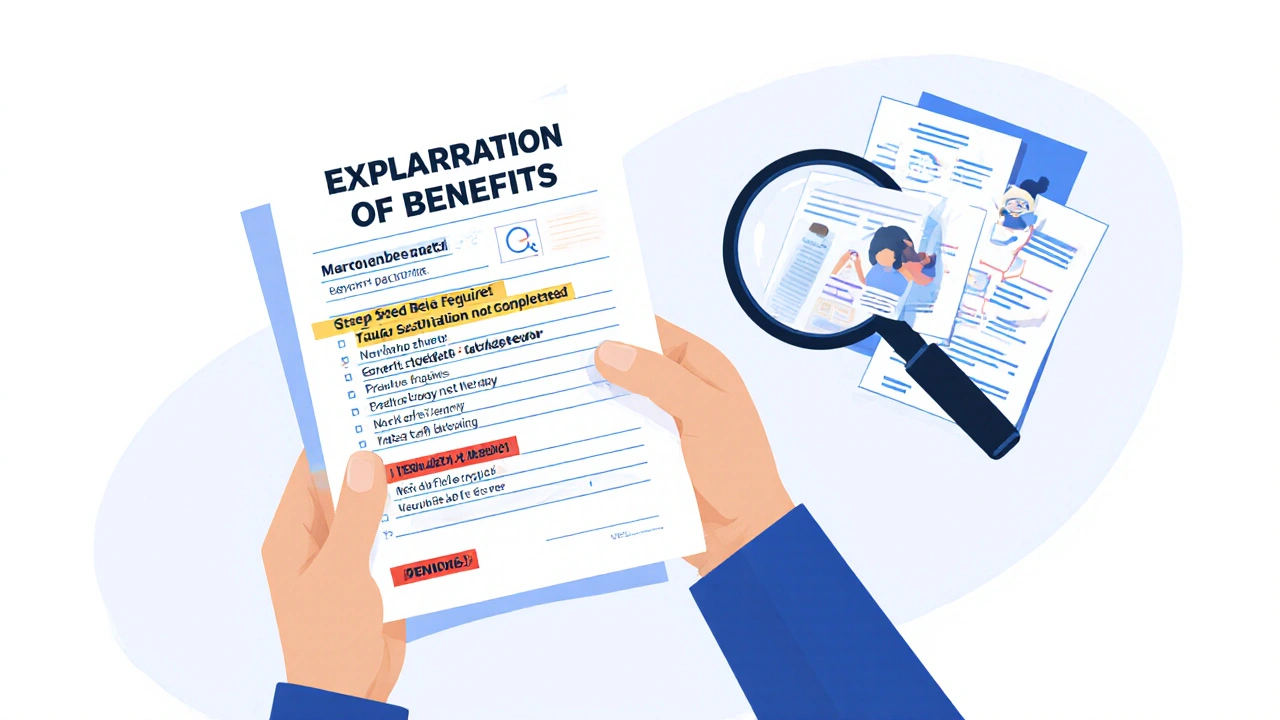

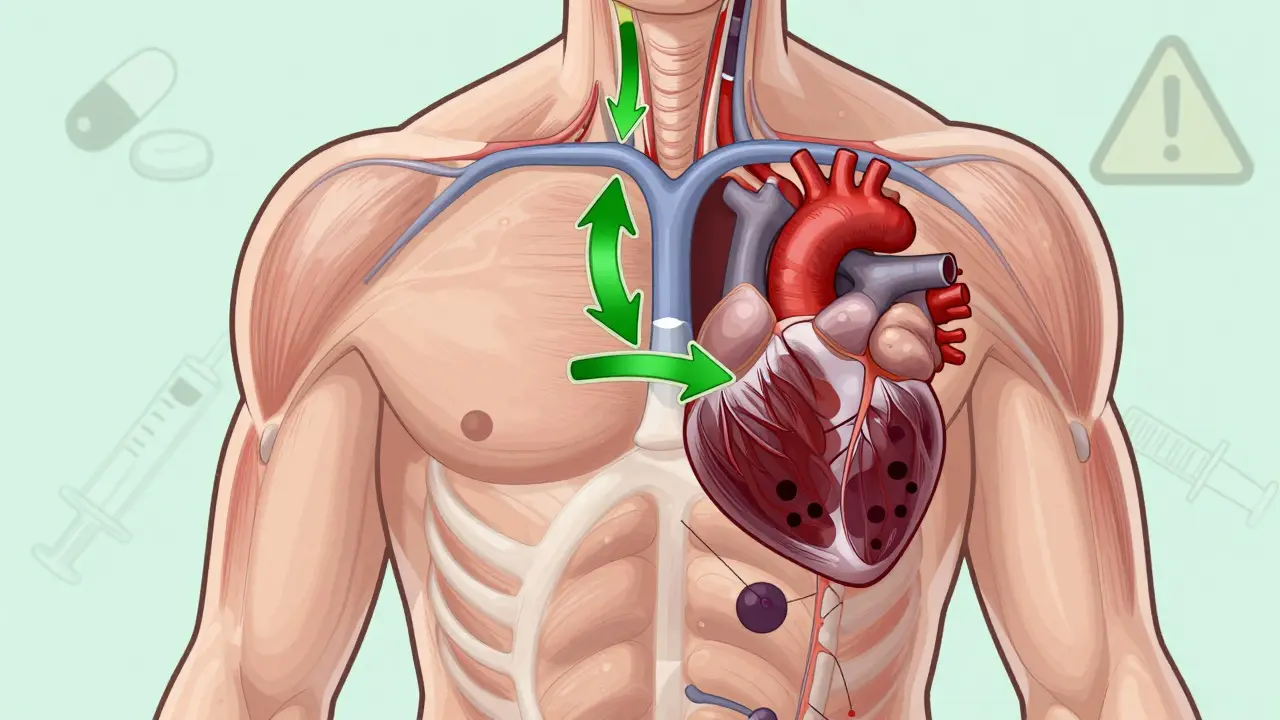
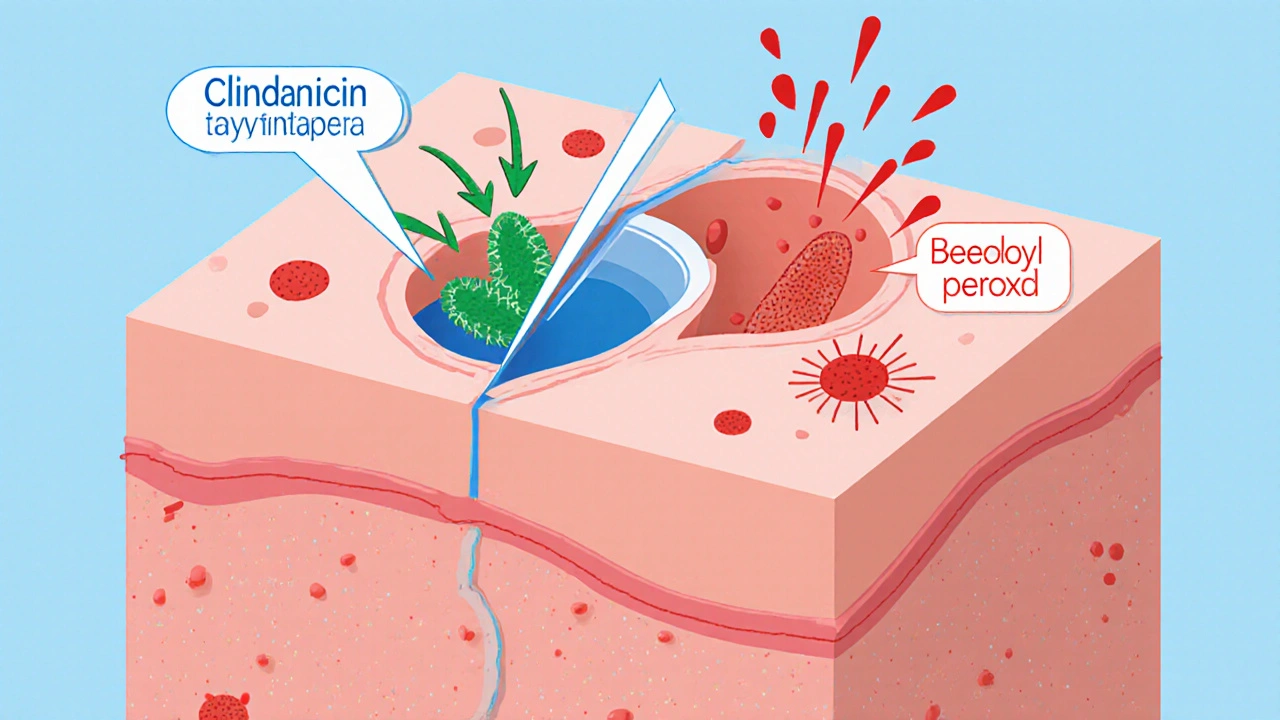
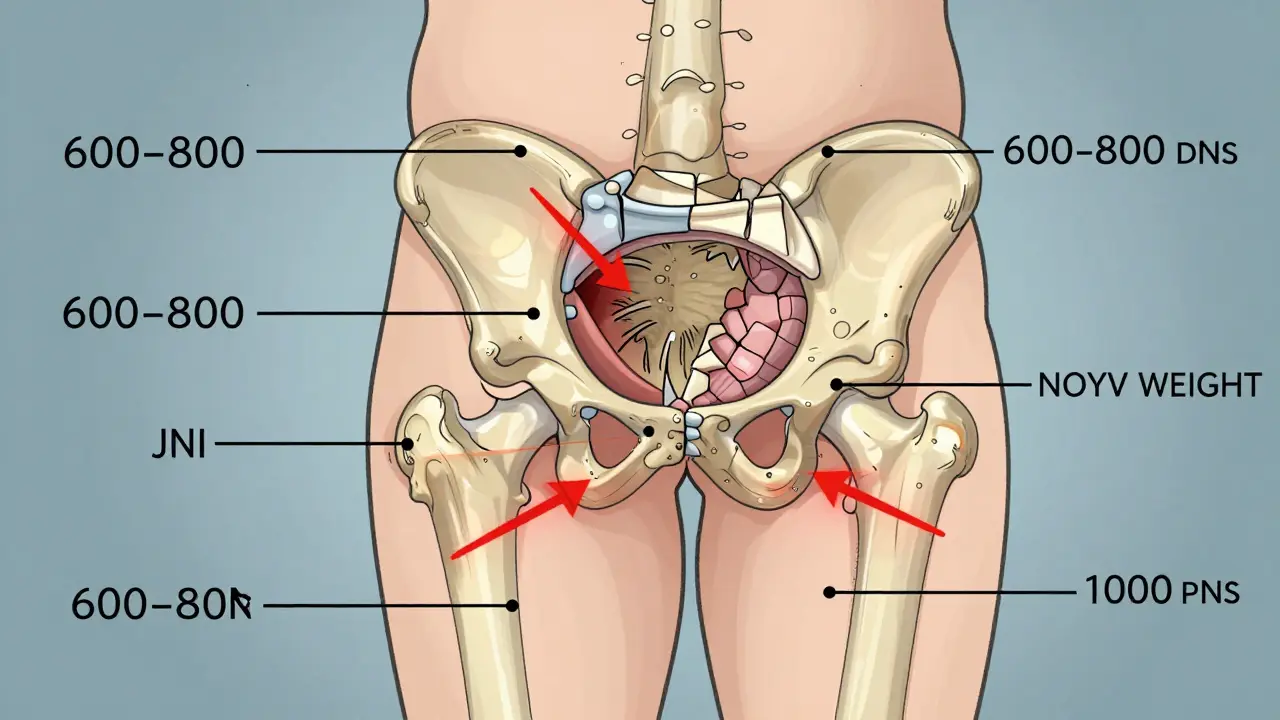
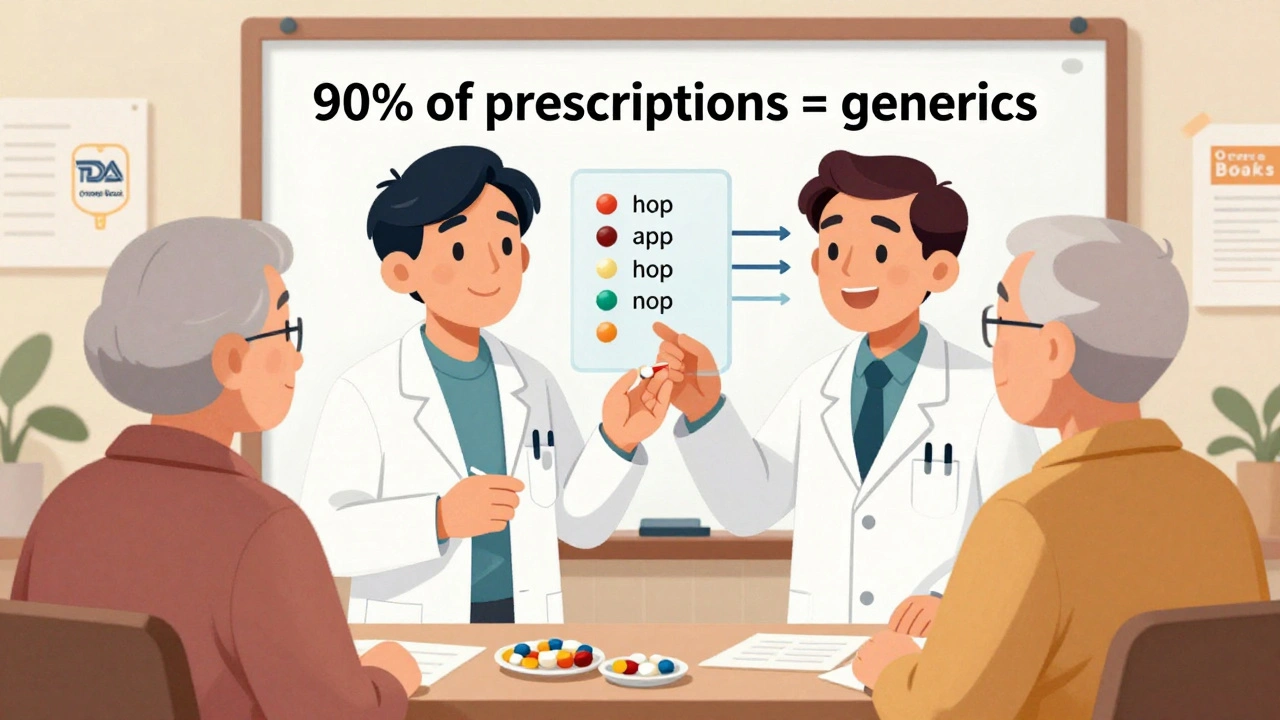
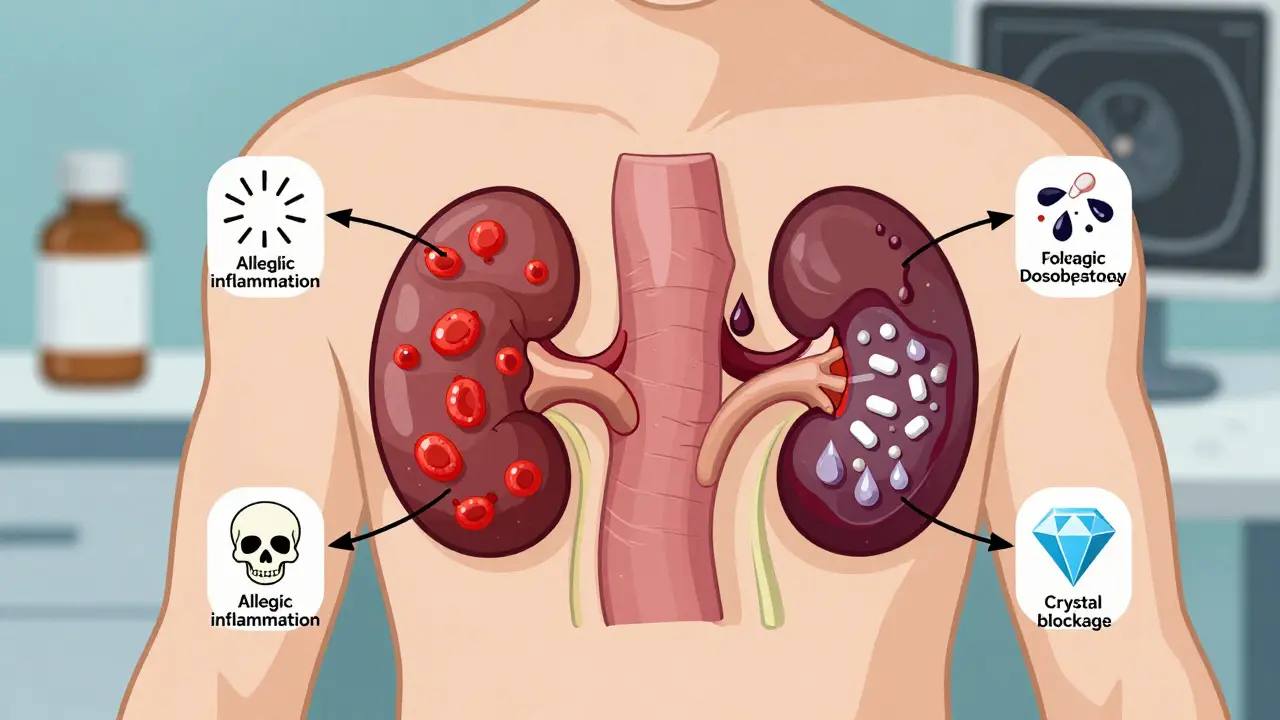
15 Comments